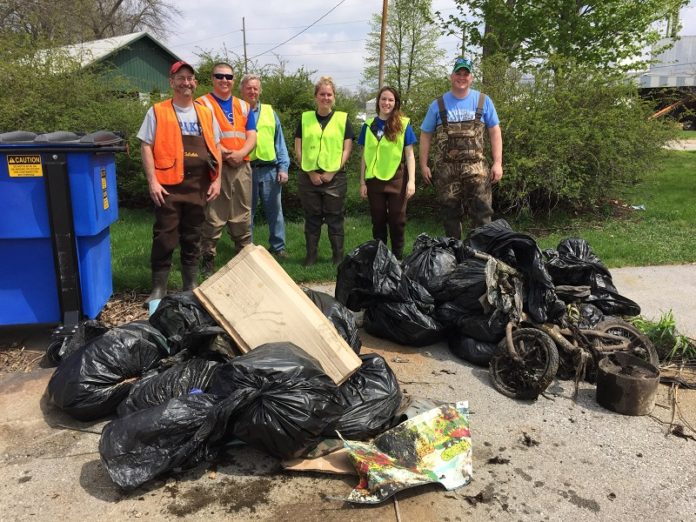
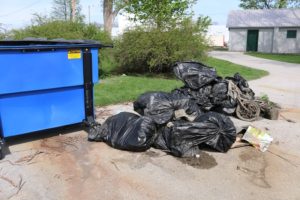
Saturday’s cleanup of Frog Creek yielded 20 large bags of trash, including a bicycle, scrap metal and hundreds of plastic grocery sacks, which have been banned in several cities and states across the U.S.
“We completed a cleanup of the southern extent of the creek from Pattee Park to Iowa Highway 141,” said Keith Summerville, the Drake University professor of environmental science and policy who is leading the capstone class’ partnership with Perry.
Along with hauling out trash, the researchers surveyed the range of aquatic life in the creek. Biodiversity is one measure of a waterway’s health, according to Drake’s Horton Davis, who outlined the results of the survey.
“We sampled the section of stream just south of Pattee Park, just above and below the bridge between the tennis courts and baseball fields,” Horton said. “The species diversity was promising.”
A snapshot of the stream’s biodiversity was attained by temporarily stunning the passing fish with a mild electrical current. The immobilized fish were then netted, counted and released unharmed.
Horton said eight species were found in Frog Creek: central stone roller, black bullhead, tadpole madtom, creek chub, black nosed dace, common shiner, green sunfish and bluntnose minnow.
“The fish species found in Frog Creek indicate that the stream is fairly healthy,” Horton said, “but not as healthy as it could be. It is indicative of a stream that has some impairment because of the fact that it supports only non-game fish species. We would like to see game fish entering the stream more frequently, especially considering its close proximity to the Raccoon River.”
Frog Creek is a tributary stream of the North Raccoon River. It is too small to make the Iowa Department of Natural Resources (DNR) list of impaired waterways, but the North Raccoon River is on the list. The DNR updates the list every two years. In 2010 there were 446 impaired waterways in Iowa. In 2012 there 630, and in 2014 there were 725.
Horton said the class will develop a report “aimed at introducing piscivorous game species, such as walleyes, smallmouth bass and multiple species of catfish, to Frog Creek.” He said the report will discuss ways to restore the creek to better accommodate these game fish and will also assess areas within the stream for future restoration efforts to better control for flooding and improve overall hydrology.
“With this,” Horton said, “we hope to outline a grant for the city to write which will aim to restore various portions of the stream.”
Summerville said the research team “now turns its attention to developing a plan for a REAP grant that can be used to further restore the resource.” Funding for Resource Enhancement and Protection (REAP) grants is administered by the DNR on appropriations from the Iowa General Assembly.
The REAP program began in 1989 with a cap of $30 million annually. In 1996 the state lawmakers reduced the cap to $20 million annually as an indication of their commitment to environmental quality in Iowa.








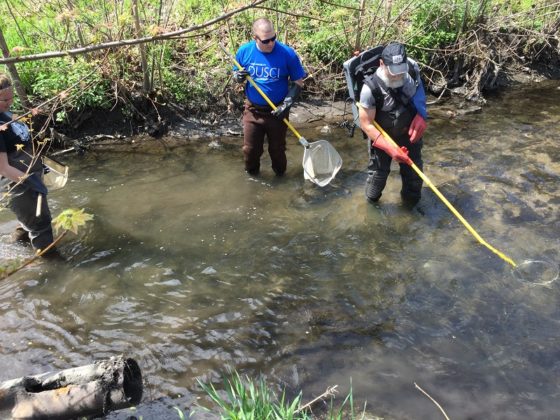
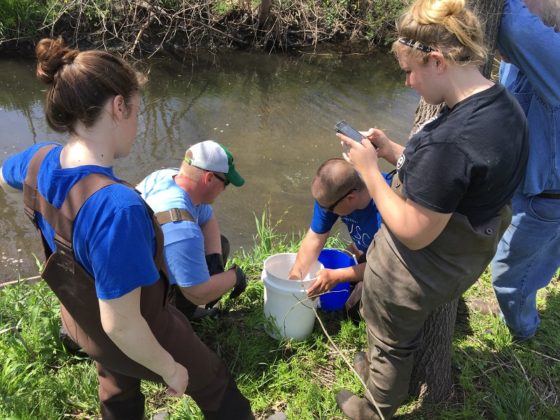
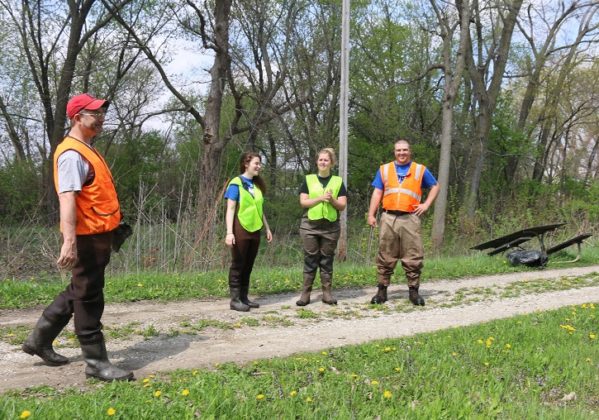
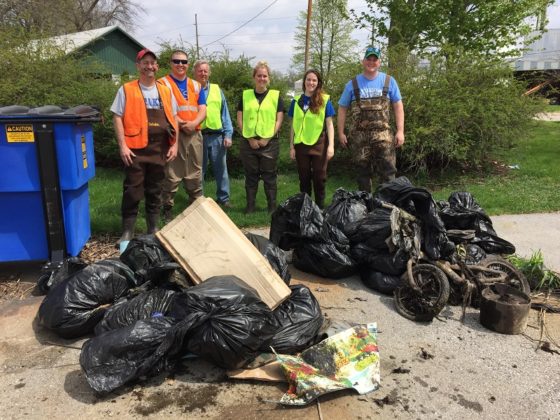
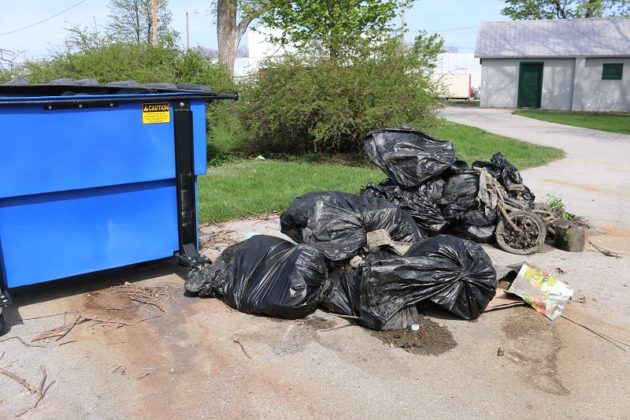
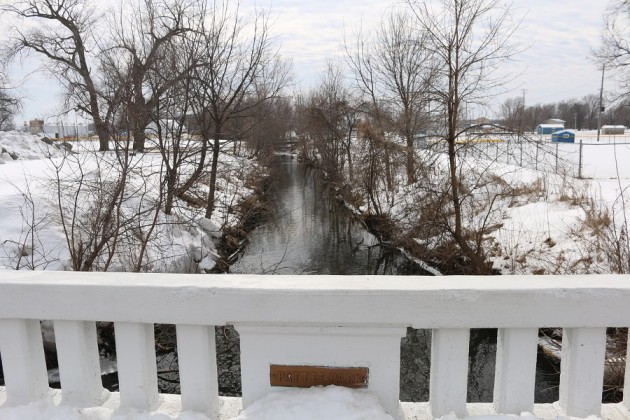








I’ve seen many small cat fish in Frog Creek also.
Is that sarcasm I detect?
One must strive to remain objective, but endings are hard.